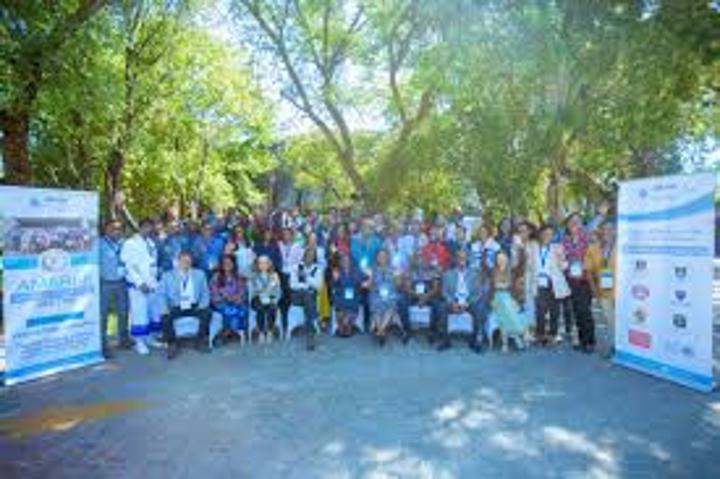Africa-Press – Zimbabwe. THE African Mental Health Research Initiative (AMARI) has called on the government, humanitarian agencies and development partners to invest in community-based mental health services that are accessible during emergencies.
The World Health Organisation (WHO) recently reported that Zimbabwe faces higher rates of depression and suicide among older adults compared to other African countries.
In a statement, AMARI noted that the growing toll of climate disasters, conflict and humanitarian crises have been fuelling the mental health crisis.
“Across Africa, floods, droughts, cyclones, conflict and displacement have left deep scars not only on the land, but also on the minds of those who endure them.
“In the aftermath of these events, the pain is often invisible. Families rebuild homes and livelihoods, yet the emotional wounds remain unspoken. Depression, anxiety, grief and trauma quietly shape daily life long after the crisis has passed.
“AMARI joins other mental health organisations to call on governments, humanitarian agencies and development partners to prioritise mental health as a core component of disaster preparedness and response.”
The initiative also called for investment in community-based mental health services that remain accessible during emergencies.
“They also need to support research that informs culturally grounded, evidence-based interventions,” the statement read.
“Protect and empower frontline workers who provide care under the most difficult conditions.”
AMARI said it would continue to capacitate mental health research which sought to address the unique realities of various African contexts through their mental health researchers and practitioners.
“AMARI recognises that mental healthcare is not a luxury to be restored after emergencies; it is a necessity that must be protected during them. Access to mental health support in times of catastrophe and emergencies is a matter of dignity and survival.
“By ensuring access to mental healthcare in times of catastrophe and emergencies, Africa can nurture resilience that endures beyond the storm.
“When people are supported in their emotional healing, they are better equipped to rebuild their lives, care for their families and strengthen their communities.
“Through our network of mental health researchers, practitioners and partners across Africa, we continue to build capacity for mental health research that addresses the unique realities of African contexts.”
AMARI is a mental health research capacity building programme launched in 2015 to build an Africa-led network of future leaders in mental, neurological and substance use research.
For More News And Analysis About Zimbabwe Follow Africa-Press






